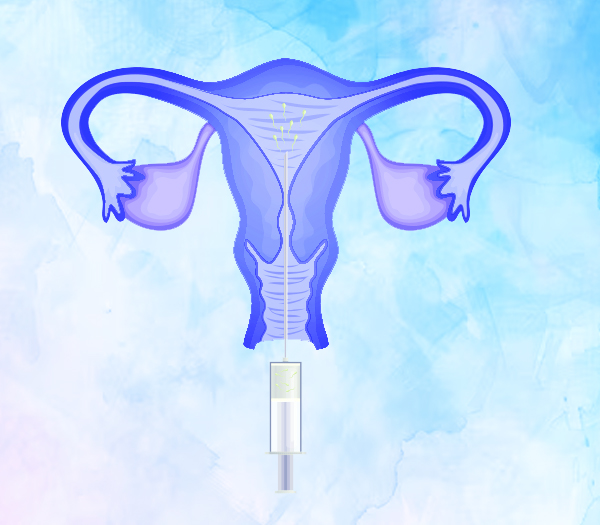Intra-Uterine Insemination (IUI)

Overview
Intra-Uterine Insemination (IUI) is a minimally invasive fertility treatment that increases the chances of pregnancy by placing washed and concentrated sperm directly into the uterus during ovulation. This shortens the distance sperm need to travel to reach and fertilize an egg.
Who is IUI For?
IUI is often recommended for individuals or couples with the following fertility issues:
- Mild male infertility factors, such as low sperm motility or count
- Unexplained infertility
- Cervical mucus problems
- Difficulty with natural ovulation
IUI Process
- Ovulation Monitoring: Ultrasound and hormonal tracking help determine the timing of ovulation.
- Sperm Preparation: The sperm sample is washed and concentrated to improve sperm quality.
- Insemination: The sperm is inserted directly into the uterus using a thin catheter.
- Waiting Period: A two-week wait period follows, after which a pregnancy test is performed.
Success Rates and Advantages
IUI is a cost-effective, less invasive option compared to other fertility treatments, with success rates that are higher when combined with ovulation-inducing medications.

